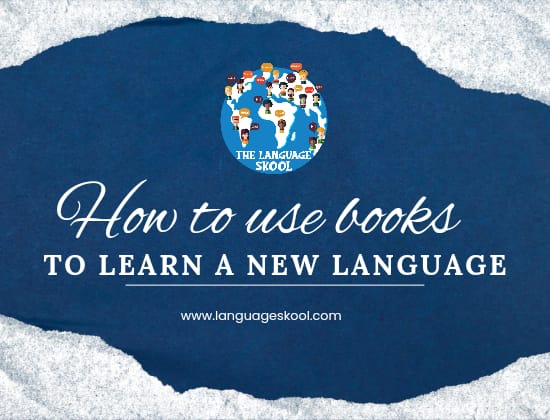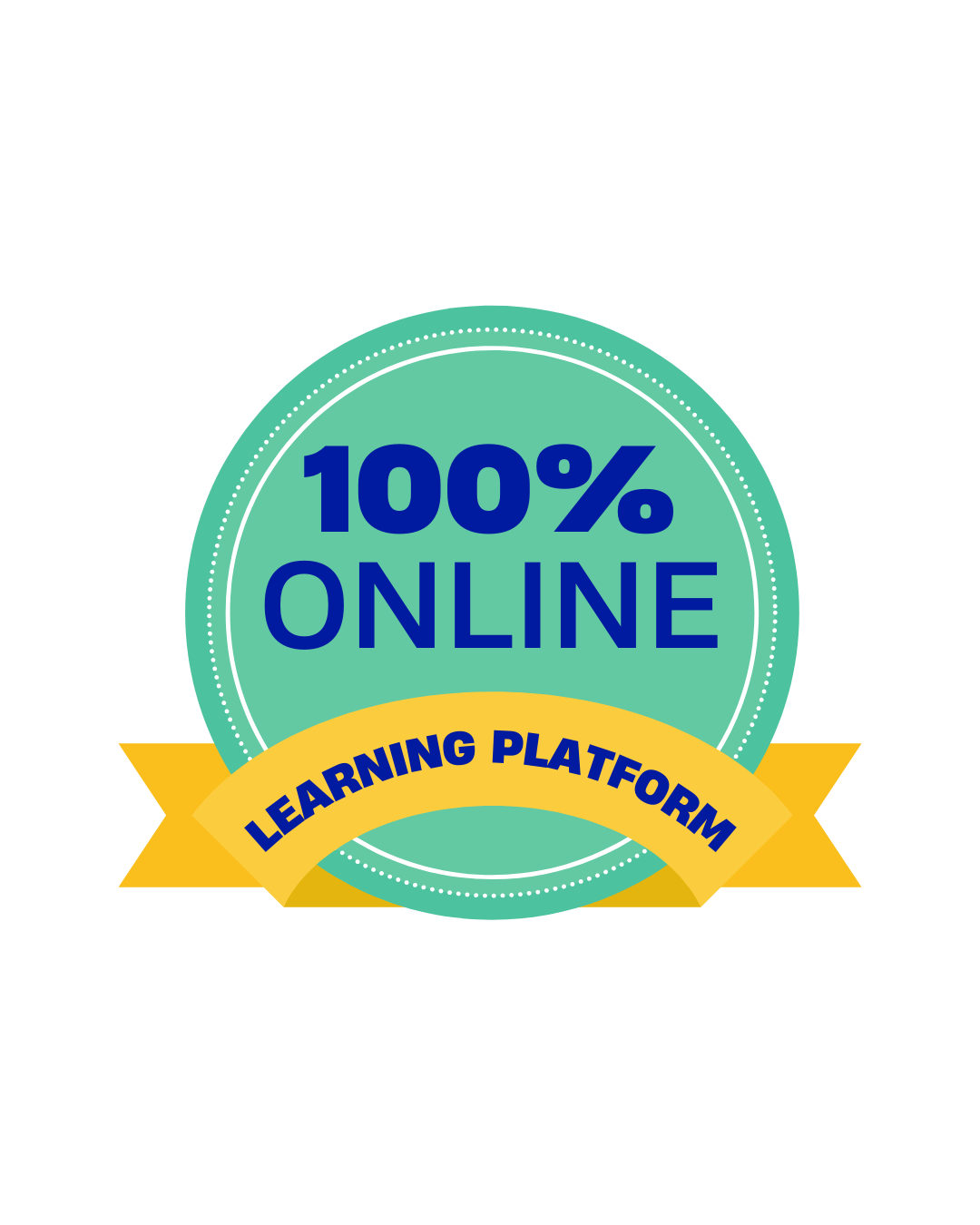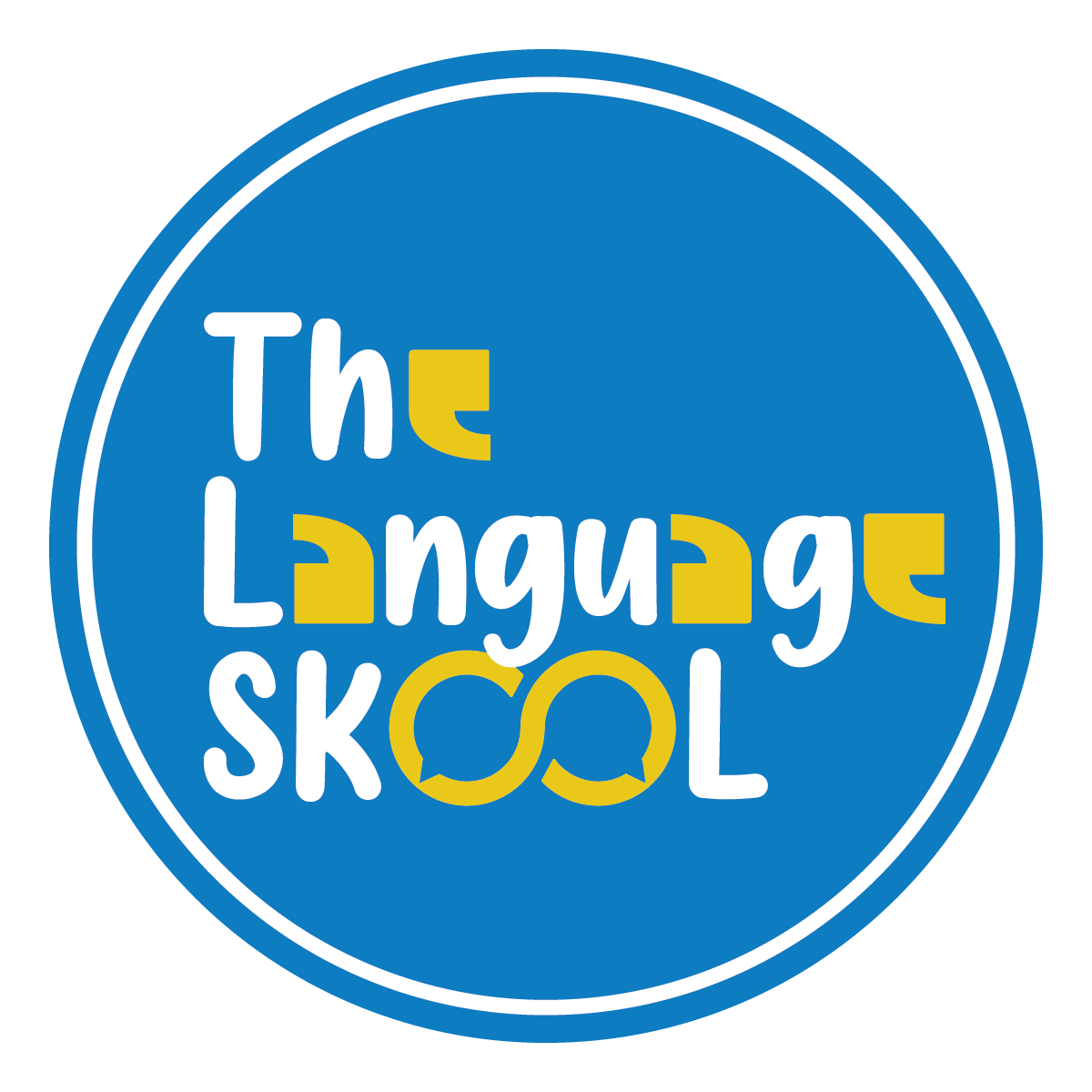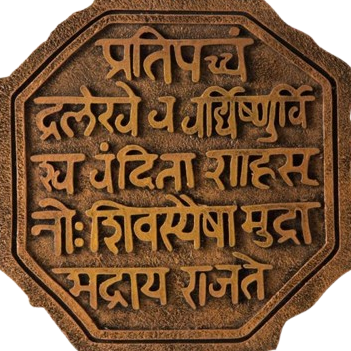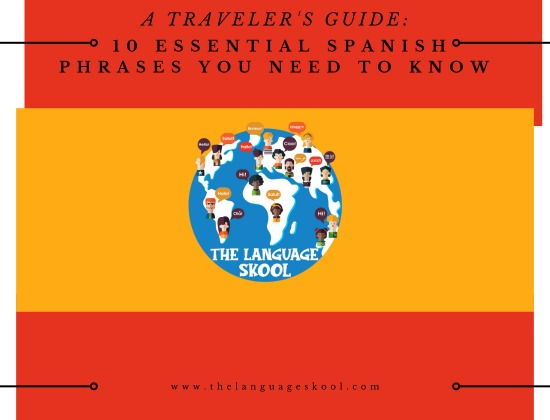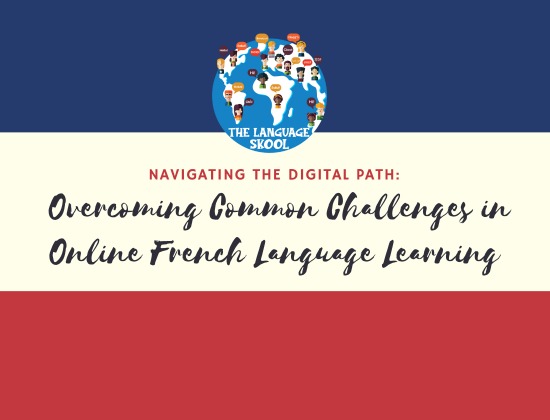Books are a powerful tool for language learning. They offer a rich source of vocabulary, cultural insights, and real-world usage. Whether you're a beginner or an advanced learner, adding reading in your language studies can significantly enhance your proficiency. So, pick up a book in your target language and read it! Join the Language SKOOl for learning a new foreign language with practice and reading sessions.
Learning a new language through books is an effective and creative method. Here's how you can make the most of this approach:
- Start with Dual-Language Books
Dual-language books, or parallel texts, have the original language on one side of the page and the translation on the other. This allows you to understand the context without constantly using a dictionary. These books are especially useful for beginners and even if you are lacking in vocabulary and basics this is a great approach for clearing basics.
- Children's Books
Children's books are a great starting point for language learners. They use simple language and often have illustrations that help with comprehension. Plus, the stories are engaging and easy to follow, and visuals are presented to remember and understand easily. Children's books focus on basic and simple words yet are very useful for daily conversations.
- Graded Readers
Graded readers are books specifically designed for language learners. They come in various levels, from beginner to advanced, and gradually increase in difficulty. These books use controlled vocabulary and grammar, perfect for incremental learning. They are your step by step guide for mastering the language.
4. Novels and Short Stories
Try reading novels and short stories in the target language as you progress. Choose books that match your language proficiency level. Starting with familiar genres or authors can make the transition smoother. Highlight new words and phrases, and look them up after finishing the chapter or section.
5. Non-Fiction Books
Reading non-fiction in your target language can help you learn specific vocabulary related to your interests or profession. Subjects like history, science, or travel can introduce you to terms you wouldn't encounter in fiction. Non-fiction books also help build a vocabulary in your targeted niche so your daily conversations can be improved.
6. Audiobooks
Listening to audiobooks while reading the text can improve your pronunciation and listening skills. Many language learners find this dual approach very helpful. Podcasts of the targeted language can also be helpful to learn conversational slang and words.
7. Language Textbooks
Don't underestimate the value of traditional language textbooks. They often provide structured lessons, exercises, and explanations that can complement your reading practice. Textbooks are created with a motive to help student learn and build strong basics. So if you love reading structured text books, you can use these methods.
8. Comic Books and Graphic Novels
These are fantastic for visual learners. The combination of images and text makes understanding the story easier, and they often use minimal text so it's easier for you to understand key phrases without much knowledge of the language.
9. Online Reading Resources
Websites and apps offer a wealth of reading material in various languages. Platforms like LingQ and Duolingo Stories provide interactive reading experiences with instant translations and vocabulary help. The language SKOOL can provide you with reading sessions to get you started.
10. Keep a Vocabulary Journal
As you read, keep a journal of new words and phrases. Write down their meanings and try to use them in sentences. Reviewing your journal regularly will revise your learning. Keeping a journal also helps with mindful habits and feeling more optimistic about your goals.
Tips for Maximising Your Learning
- Set Realistic Goals: Start with short, manageable reading sessions and gradually increase the time as you become more comfortable.
- Be Consistent: Make reading a daily habit, even if it's just for a few minutes each day.
- Use Context Clues: Try to infer the meaning of new words from the context before looking them up.
- Practice Regularly: The more you read, the more familiar you'll become with the language's structure and vocabulary.
